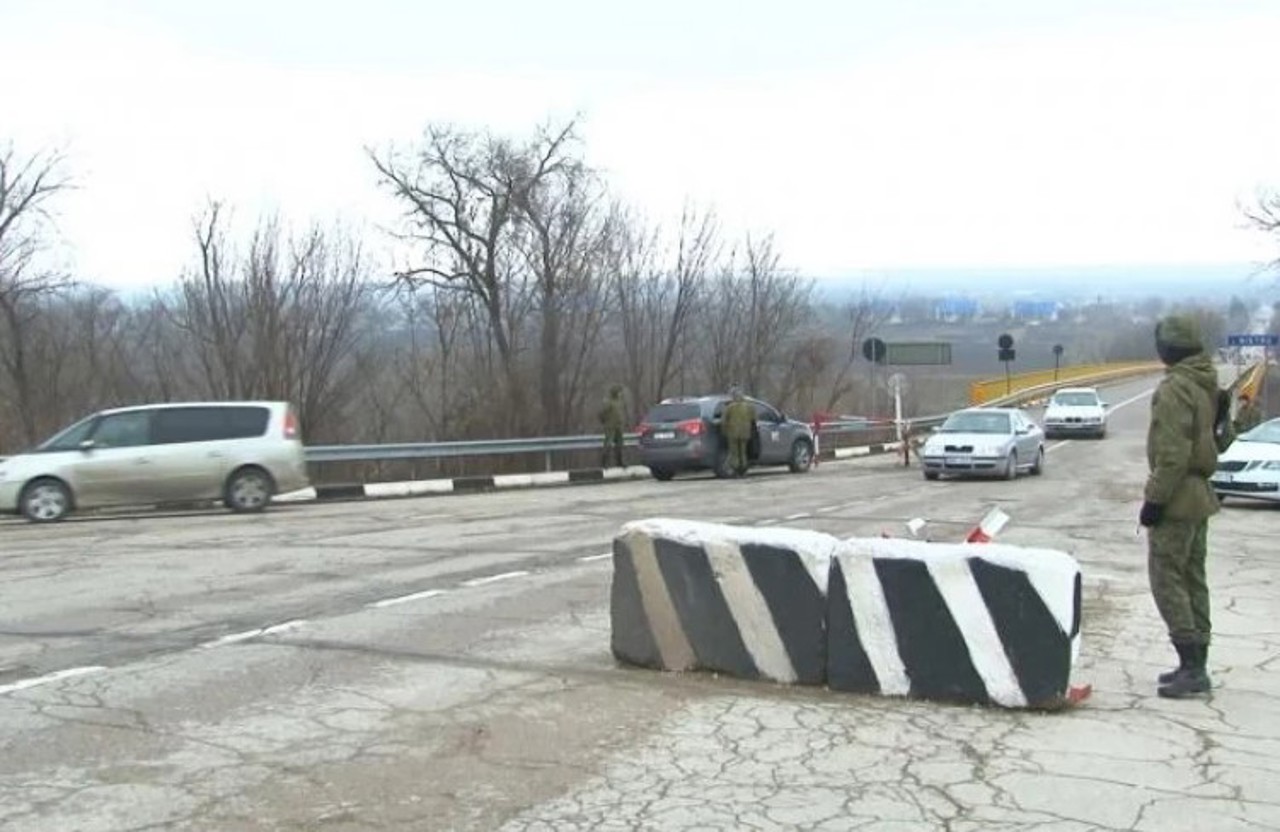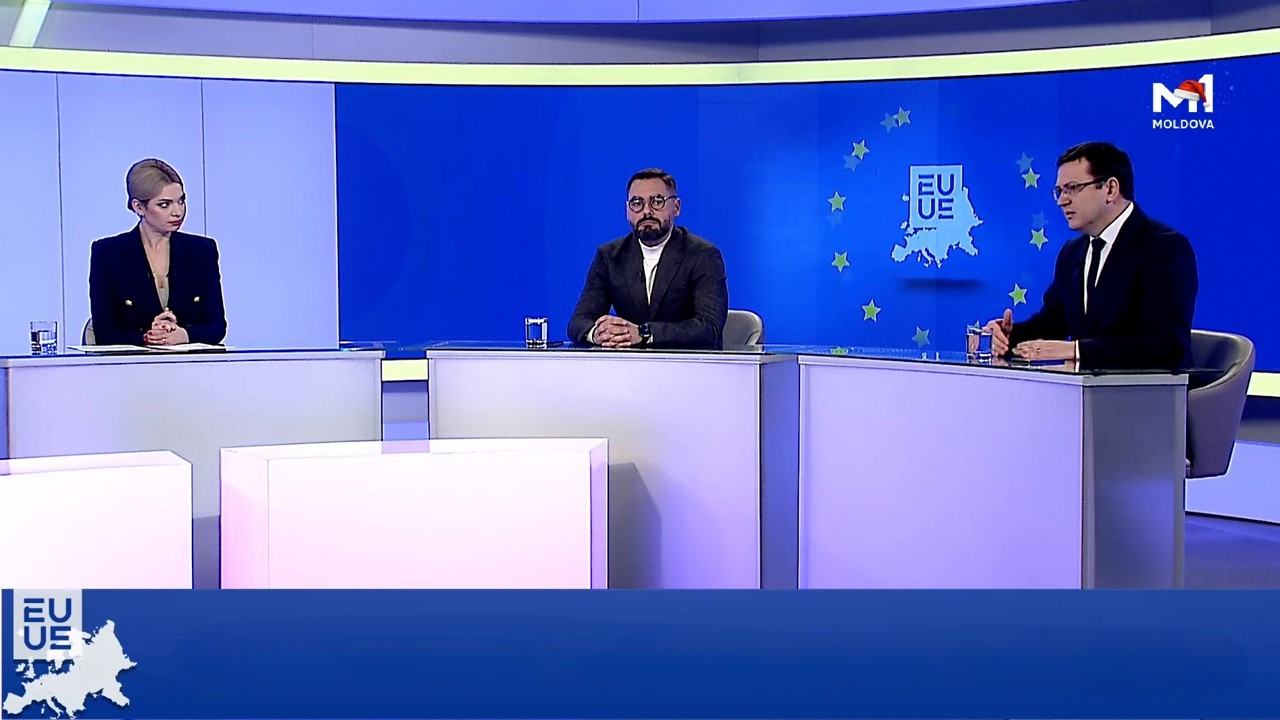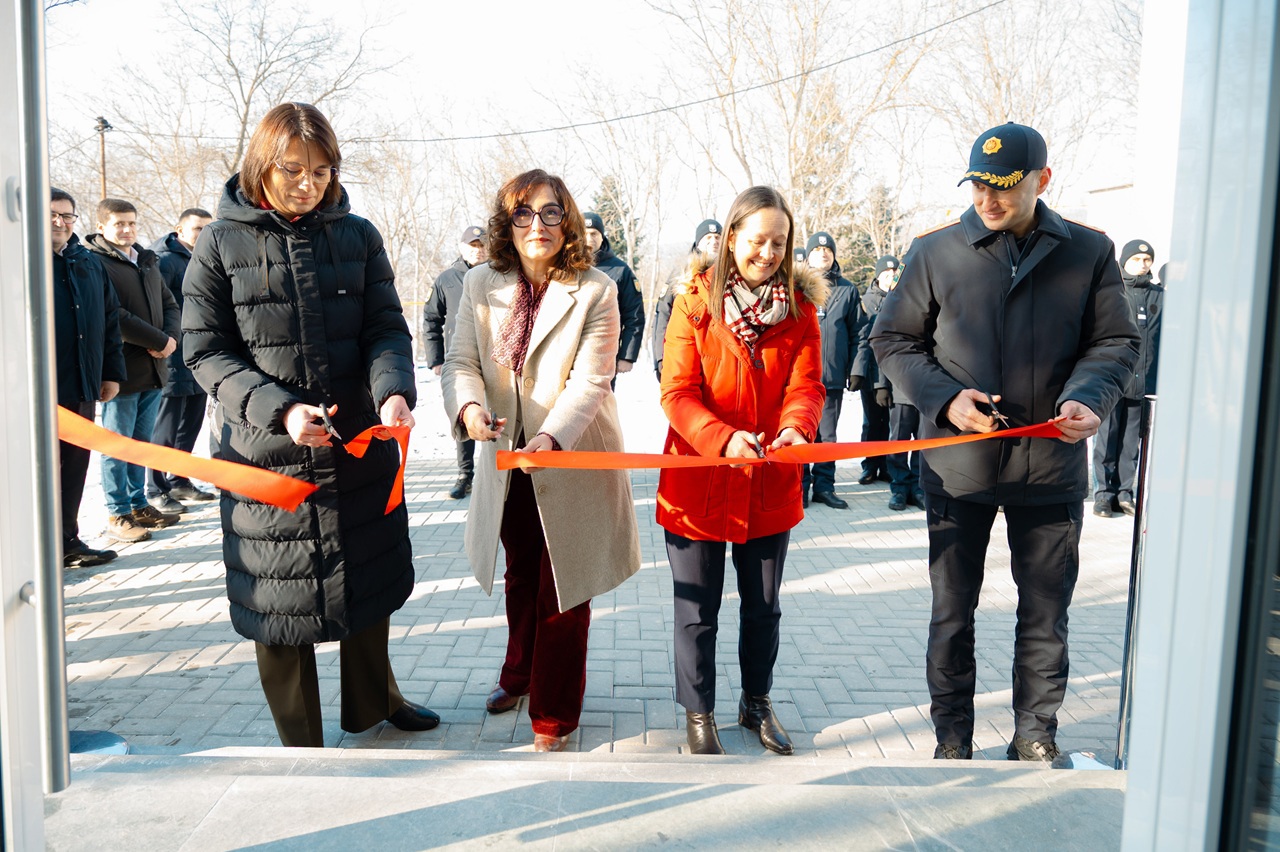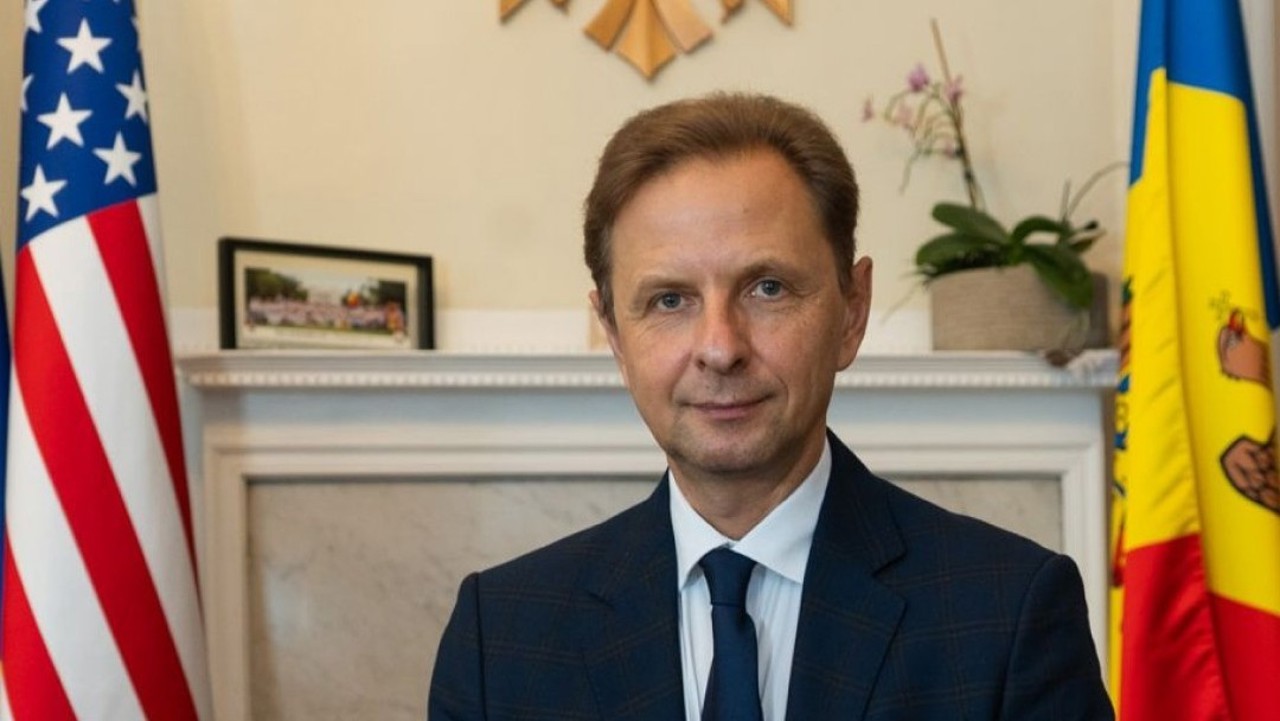Access for human rights defenders is limited on the left bank of the Nistru, experts
The human rights situation in the Transnistrian region and the security zone is alarming and concerning, with no indication that it will improve. Impunity—defined as the failure to hold accountable those who violate human rights, along with a lack of legal representation for victims—continues to worsen the situation. These conclusions were drawn by experts during the "Public Space" show on Radio Moldova, in recognition of International Human Rights Day.

Farmers from the Dubăsari district who own land along the Camenca-Tiraspol road are one of the categories whose rights are frequently violated, since 1998, when the separatist administration installed checkpoints making it difficult for owners to access their land. At the beginning of this year, farmers did not have access to land and warehouses with agricultural production, which generated high economic costs for them. In addition, they were ordered to pay millions of lei in illegal customs duties, says Mihaela Șerpi, human rights analyst at the Promo-LEX Association. The eight Romanian-language schools, which pay an unfair tariff for natural gas that exceeds 148 times that paid by the rest of the schools in the region, continue to face problems.
“As for freedom of expression and the right to liberty and security, the situation is also worrying. We have new cases this year of people who were detained, arrested and are being illegally detained in prisons in the Transnistrian region for freely expressing their opinions, for publishing a comment. On the very day of the elections in the Republic of Moldova, on November 3, a citizen of the Republic of Moldova was arrested at an illegal checkpoint for publishing comments related to the Tiraspol regime on a Telegram channel. And he is in a prison in the Transnistrian region, although he has been living in Chisinau for over 2 years. He went to the region precisely to participate in the electoral vote.”
Access for human rights defenders is limited on the left bank of the Nistru River, which also leads to a greater number of violations in that region, says the director of the Moldovan Institute for Human Rights, Vanu Jereghi.
“Have you heard or has any of us heard of human rights defenders or from the Transnistrian region? No. There are organizations there, we have colleagues who work on very and less sensitive topics, related to the right to health, people with disabilities and that's it. So, otherwise, it is not possible in the Transnistrian region to do anything in respect of human rights, because this has serious consequences.”
Following the start of negotiations for accession to the European Union, there is an increased emphasis on respecting human rights, says the head of the public policy and legislation department of the Ombudsman's Office, Svetlana Rusu. According to her, currently, the institution has submitted a regulation related to human rights defenders to the Ministry of Justice, and these are to be examined.
"We advocate for a national regulatory framework that would reflect or regulate the activity of human rights defenders. In particular, we have foreseen this concept that there should be increased attention paid specifically to human rights defenders from the Transnistrian region, precisely in the context of all the challenges and the whole situation there. We have long been discussing the need to regulate and establish protection and guarantees for human rights defenders."
We remind you that the International Human Rights Day is marked annually on December 10. It commemorates one of the most innovative global commitments in the world: the Universal Declaration of Human Rights. The document established for the first time the fundamental rights that must be protected universally.




